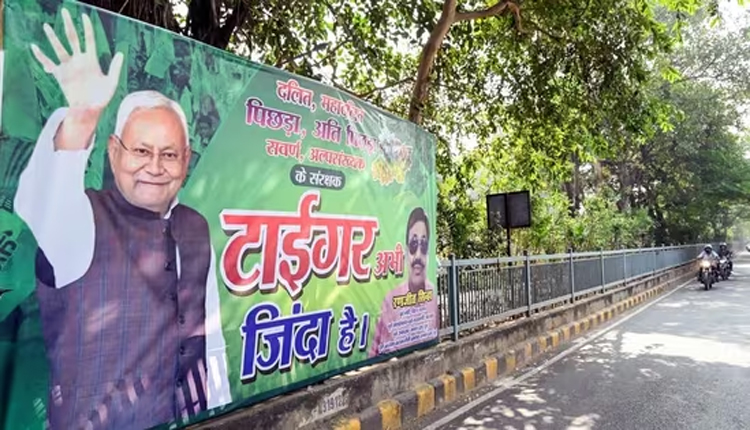New Delhi: The dust has barely settled on Bihar’s Assembly elections, yet the verdict paints a stark picture of Opposition fragmentation handing the NDA a resounding triumph.
With 202 seats in the bag and a near-perfect 90 per cent strike rate, the BJP-JD(U) juggernaut has scripted a return to power reminiscent of the 2010 sweep, leaving the Mahagathbandhan (MGB) reeling at a mere 35 seats in a multi-cornered fray.
What shifted the balance of power? The emergence of wildcard players —Prashant Kishor’s Jan Suraaj Party, Mayawati’s BSP, and Asaduddin Owaisi’s AIMIM — as vote-splitters diluted MGB’s base across 63 pivotal constituencies. Here, NDA clinched 44 victories against MGB’s 19, underscoring how third-party incursions amplified the saffron surge.
Jan Suraaj, contesting a staggering 238 seats, drew a 3.4 per cent vote share but zero wins, emerging as the ultimate disruptor. It outpolled victory margins by 33 seats, tipping 18 in favour of the NDA. BSP, fielding candidates in 181 segments, notched one seat and swayed 20 others, aiding NDA in 90 per cent of those battles. AIMIM’s Seemanchal stronghold yielded five seats, with its influence in nine contests favouring the NDA by two-thirds.
Despite RJD’s robust 23.4 per cent vote haul translating to just 25 seats, NDA’s efficiency shone: BJP’s 20.4 per cent and JD(U)’s 19.6 per cent yielded over thrice the seats. Analysts dub this a “three-way trap,” where Opposition disunity exposed vulnerabilities, forcing a rethink of alliances amid Rahul Gandhi’s India bloc ambitions and Narendra Modi’s consolidation drive.
As Nitish Kumar eyes the chief minister’s chair anew, Tejashwi Yadav’s MGB confronts a sobering reality: unity, not multiplicity, may be the key to Bihar’s fractured mandate.



Comments are closed.